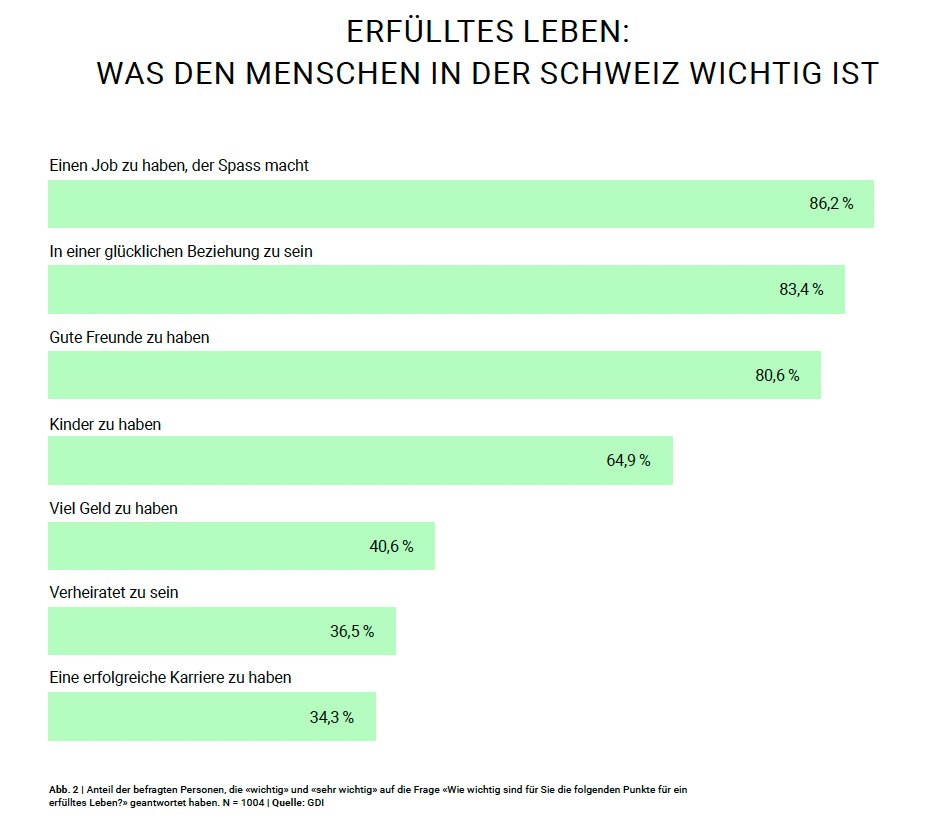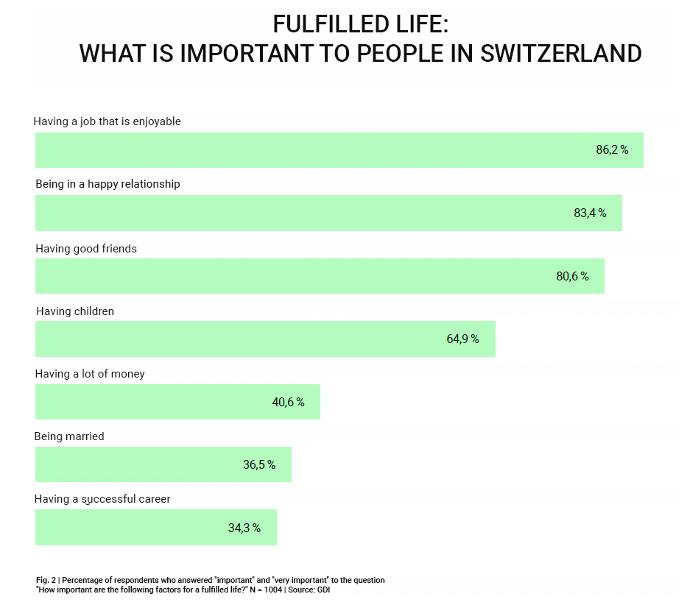The following text is based on an extract from the GDI study ‘Unbundling the Family - Swiss Families between Tradition and Transformation’ which can be downloaded free of charge.
Throughout history and in all cultures, procreation has been a major reason for starting a family. Having and raising children represents a fundamental need for many people. However, birth rates have been falling since 1950. There appears to be a decline in the importance of the family’s role as a fundamental social institution.
Almost all industrialised nations are experiencing a continual decline in birth rates (Fig.1). Even in the Scandinavian flagship countries, such as Finland. In Switzerland too the birth rate has fallen from 2.1 in 1970 to 1.4 children per woman in 2022. This trend points to a shift in life priorities. Today, job satisfaction, personal independence and other life goals are increasingly taking priority over starting a family. Whereas having children was previously a major part of growing up in many societies, it now usually comes after many other goals have already been achieved.
The change in the status of marriage and children is also reflected by our survey of the Swiss population. Job satisfaction is the most important factor for respondents (86%). A happy relationship and good friendships are almost as important. Children only come in fourth place at 65%. Getting married comes in last but one place at 37%, ahead of a successful career.
 | |||||||||||
 | |||||||||||
Independence favoured over being tied to a traditional family
People are not just having fewer children, a growing number are deciding against having them altogether. According to a 2021 survey in the USA, 44% of childless adults aged between 18 and 49 wish to remain childless. That is 7% more than three years previously.
The effect is amplified across the generations: the situation is being exacerbated by the dwindling number of relatives in shrinking families. The prospect of receiving support from relatives in dealing with everyday life with children is declining. Whereas a 65-year-old woman still had 41 relatives in 1950, a woman of the same age will only have 25 relatives by 2095. That represents a global decline of 38%. Family networks, where they still exist, will also age considerably.
Increasing individualization
Another social trend putting the traditional notion of family under pressure is individualisation. People are increasingly striving for personal freedom and individual fulfilment. This often leads to a departure from conventional ways of life. They decide against getting married and starting a family. Whereas in the 1960s, around one in ten marriages in Germany ended in divorce, at the turn of the century it was more than one in two.
This is also reflected in the sharp rise in the proportion of single-person households. While the number of households with families who have children has remained relatively stable in Switzerland, the number of single-person households tripled between 1970 and 2021. The number of single-person households with children has also gone up, actually doubling. This points to a profound change in many people’s lifestyles. OECD estimates indicate that only 30% of households will still have children by 2030.